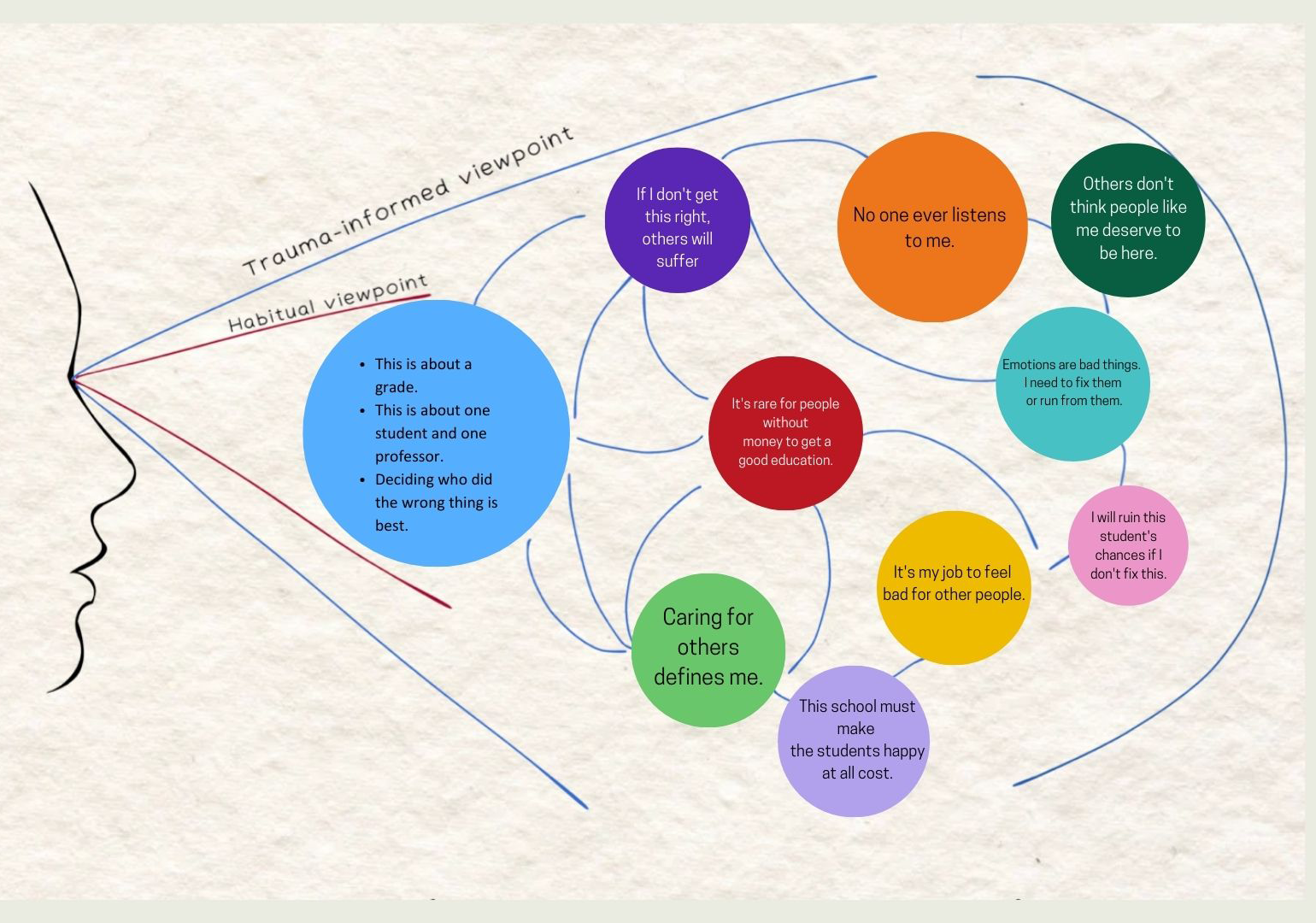
Welcome!
Advanced Inclusive Leadership
July-August 2025
Advanced Inclusive Leadership
We will meet virtually for four Tuesdays: July 15, 22, 29 and August 5th at 9 am PT, 11 am Central, 12 pm ET, 5 pm London. Podcasts and articles will be available on our private page, along with class recordings, every week. For feedback, emailed reflections are due July 18, 25, August 1st. The feedback process allows you to receive individual and specific information on your challenges and goals. (It is optional and there are no grades to worry about!)
Format
We will meet every week on Tuesdays for one hour at this link. The class will cover fundamental concepts. After each class, you’ll have a “case study” story to review. You’ll then write your reflections on the case study and submit them via email by Friday. I will send you feedback on your reflections every Monday. Your reflections are entirely open as far as format. They can be written or sent via voice note. The most important thing is that you have a chance to share what you feel and see in response to every story.
Note: I will add recordings and additional resources every week. Case study stories will be available by Monday.
IN THIS LESSON
Adopting an Interconnected and Healing Approach
We’ll cover fundamental concepts to our approach, including approaching all interactions with a relational, interconnected perspective. From this position, your interactions are about creating the conditions for the best possible outcome to arise.
-
To increase the space between reaction and response, we rely on research based in compassion-focused trauma healing.
Learn more about compassion-based trauma healing at the National Institute for the Clinical Application of Behavioral Medicine.
Physical and meditative practices that help you calm your nervous system are not only beneficial for you, they provide stability for those around you. We work with trauma (and the need to heal from it) as a near-universal experience. For more information about this, please see the links below.
Click here to read about trauma and culture change in the Stanford Social Innovation Review.
Click here to read about Peter Levine's research on somatic healing.
Click here to listen to our free 15-minute podcast episode on grief and healing.
For more research on witnessing and trauma healing, you can explore the work of Resmaa Menakem.
You might also enjoy the research of Bessel Van Der Kolk and Tara Brach.
IN THIS LESSON
Creating space between reaction and response
Your grounded, calm presence is a tool to use and strengthen in your work as an inclusive leader.
Two ways in: 1 - Meditation/somatic/self awareness that is physical
2 - Noticing patterns of attention and how they influence belief and action. (First, your own pattern!)
Meditative exercise - you can increase your centeredness through increasing your awareness, both intellectual and physical. The recording in this section is a 10 minute visualization exercise done by our colleague Robyn Smith, LCSW.
Thinking like a therapist (video) - we apply what we know and have learned about trauma healing in all contexts. This is because inclusion and belonging require attention to the pain and emotions that have caused us to feel excluded before. You aren’t responsible for diagnosing or therapizing people, though, it’s actually a practice that can be used in any context. This 12-minute interview with Robyn Smith, LCSW explains how to apply what coaches and therapists know in your daily life.
Recording of our class will be available here.
How to think like a therapist
A ten-minute grounding exercise
-
Enhancing your understanding of the me/not me will increase the space you have between reaction and response. These two short podcasts on the topic might be of interest to you.
IN THIS LESSON
Moving beyond blame
In a relational model of leadership, there is never just one thing that’s the problem. Everything is connected somehow, so this week we’ll learn how to get more traction by focusing on relationships between factors rather than isolating and blaming one issue.
Encouraging relaxed, collaborative, comfortable, and effective solutions?
Most solutions to problems are conceived of in a framework of right or wrong. 1 + 1 = 2. Anything other than 2 is wrong. People who answer 2 are right. But, human interaction and collaboration is much more complex and, the pressure to get something right often prevents us from feeling comfortable enough to truly be ourselves. In this type of environment, there is less trust and no room to mess up. We will conclude our class with examples of solutions that are based in compassion, inspire trust, and allow people to respond with their best and highest talents.
IN THIS LESSON
"The function, the very serious function of racism is distraction. It keeps you from doing your work. It keeps you explaining, over and over again, your reason for being. Somebody says you have no language and you spend twenty years proving that you do. Somebody says your head isn’t shaped properly so you have scientists working on the fact that it is. Somebody says you have no art, so you dredge that up. Somebody says you have no kingdoms, so you dredge that up. None of this is necessary. There will always be one more thing.”
- Toni Morrison
"According to the early scriptures, the Buddha himself never directly answered questions put to him about the origin of the universe. In a famous simile, the Buddha referred to the person who asks such questions as a man wounded by a poisoned arrow. Instead of letting the surgeon pull the arrow out, the injured man insists first on discovering the caste, name, and clan of the man who shot the arrow; whether he is dark, brown, or fair; whether he lives in a village, town, or city; whether the bow used was a longbow or a crossbow; whether the bowstring was fiber, reed, hemp, sinew, or bark; whether the arrow shaft was of wild or cultivated wood; and so forth."
- Dalai Lama, The Universe in a Single Atom, 2005
“Just as we must bring our individual trauma responses into our conscious awareness, we must also widen the aperture we use to view trauma. The prevailing narrative, which focuses on individuals, treats traumatized people as psychologically abnormal, rather than as having a normal reaction to abnormal circumstances. It also reinforces an individualized medical model of intervention as the solution. This is not only an incomplete frame, but also damaging and harmful to oppressed and marginalized groups, as it places the responsibility for the harm and the burden of healing from it on the individual rather than the system.” - Healing systems
Agreements
Sagely agrees to keep all information you share confidential.
Sagely uses visualizations, meditations, and case studies that are specifically designed for our groups. They build off of each other and require some instruction before use. We ask that you not share these materials. If you feel that a particular item might be of use in your organization, please contact us about adapting it for your setting.
Sagely keeps recordings of sessions on this password-protected site. We ask that you do not share recordings with anyone outside the group. We ask that you keep all information that your group members share confidential. Thank you.



